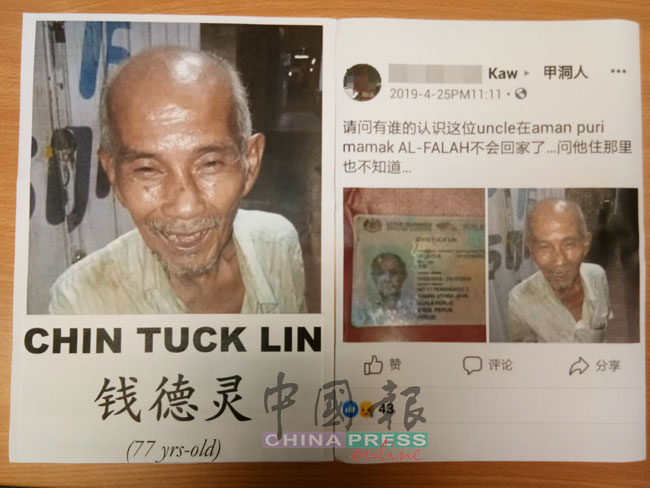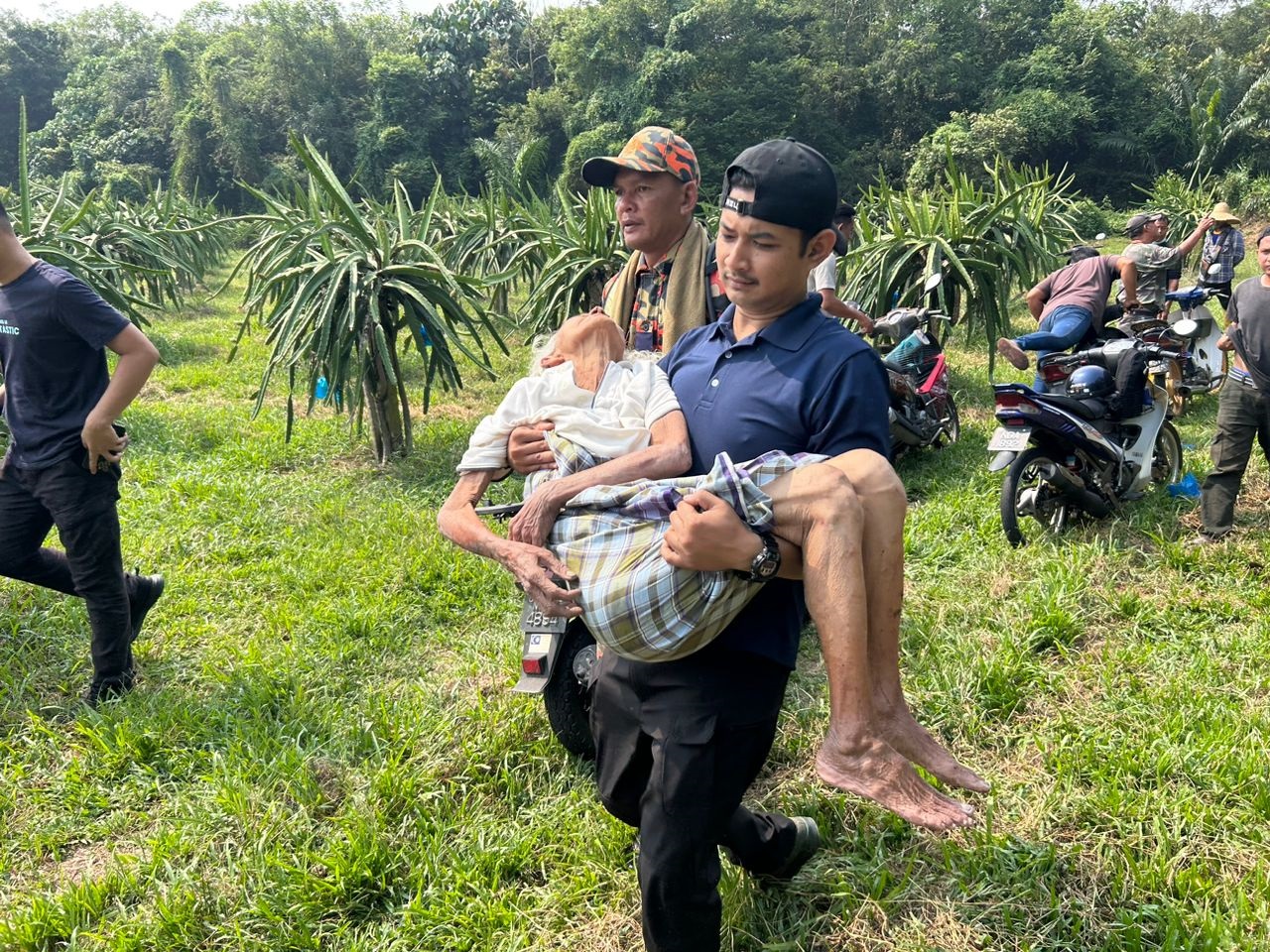In recent years, Malaysia has seen a growing number of cases involving elderly individuals, particularly those with dementia, going missing. These incidents often lead to frantic searches, emotional distress for families, and sometimes tragic outcomes. Below are a few real cases that highlight the severity of this issue:
Recent Cases of Missing Elderly
-
Dementia Patient Disappears After Leaving Police Station (2019)

-
Elderly Man Lost in Sipitang Forest (2025)

-
Dementia Sufferer Found After 35 Hours in Oil Palm Plantation (2023)

-
Ongoing Search for Elderly Man Missing Since January 2025

These cases demonstrate how quickly an elderly person, especially one with cognitive impairments, can vanish, often in dangerous environments like forests, plantations, or urban areas.
Why Are the Elderly at High Risk of Going Missing?
-
Dementia & Cognitive Decline: Conditions like Alzheimer’s impair memory and judgment, leading to disorientation.
-
Limited Mobility & Communication Issues: Some seniors cannot seek help effectively when lost.
-
Lack of Supervision: Family members or caregivers may not always be present to prevent wandering.
Call to Action: What Can Be Done?
-
Care Track:
Affordable trackers could help families monitor their loved ones in real-time.
-
Dementia-Friendly Community Training:
Equip local businesses, taxi drivers, bus operators, and public-facing personnel to recognize and assist confused seniors.
-
Public Awareness and Education:
Campaigns to teach families about early signs of wandering and preventive measures like ID bracelets, home alarms, or supervised routines.









![[7 February 2026] A Journey to Stronger Steps: An Afternoon of Hope, Healing, and Community](http://ielder.asia/cdn/shop/articles/stronger_steps_seminar_214bc525-105e-4861-afa8-ae445f532200_586x586_crop_center.png?v=1770622800)






Leave a comment